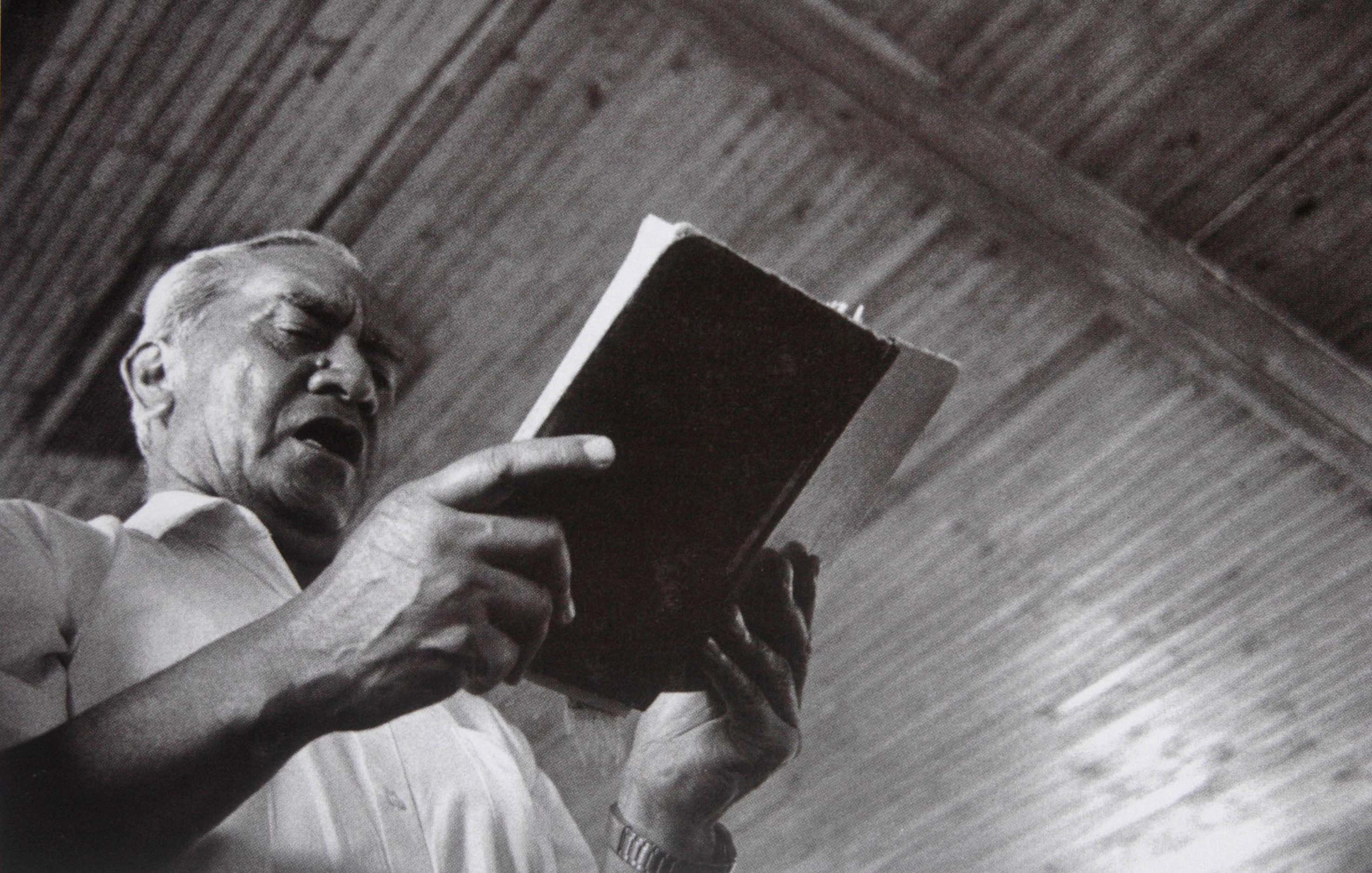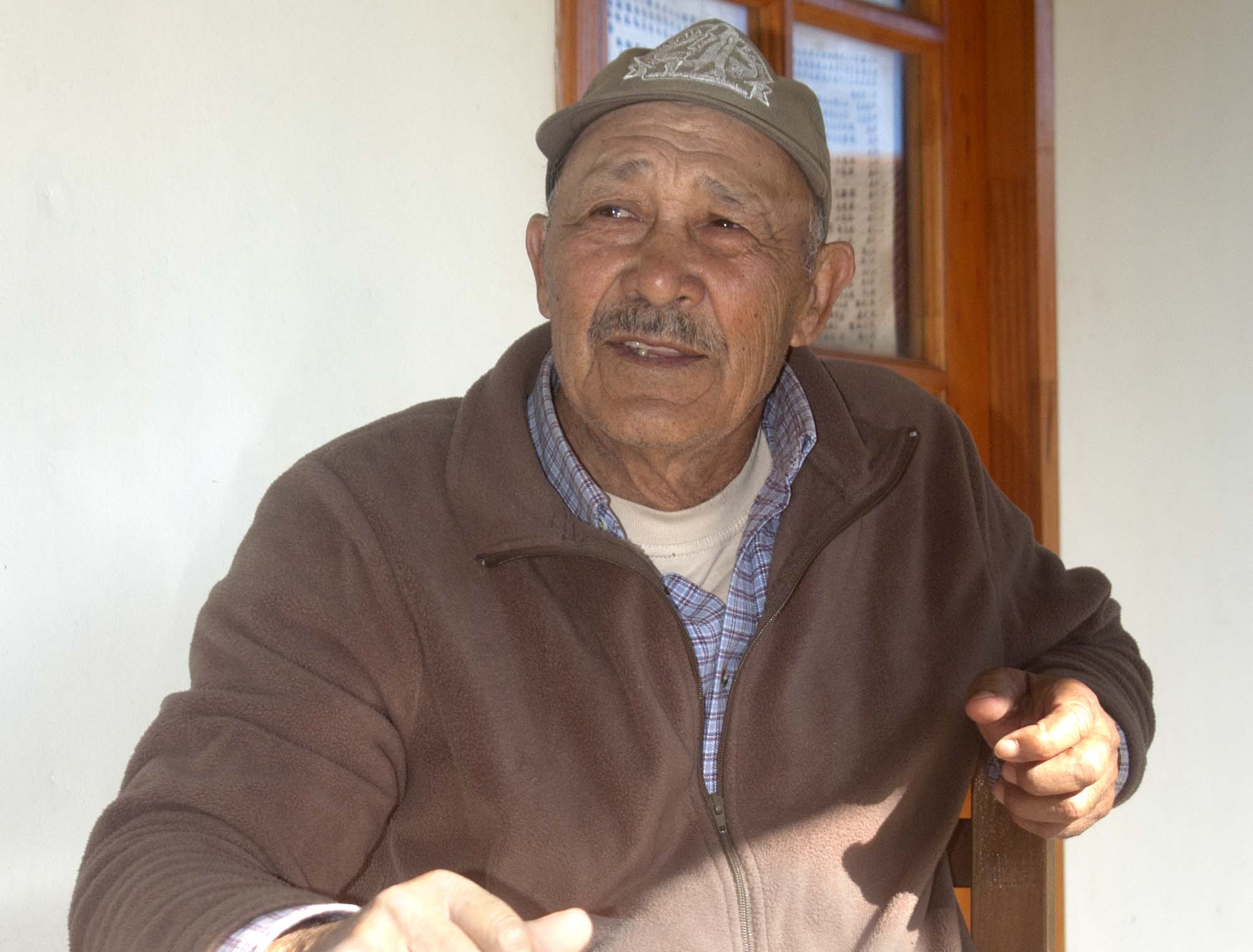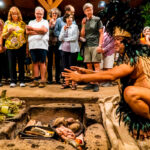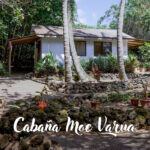Patricia Lillo Chinchilla
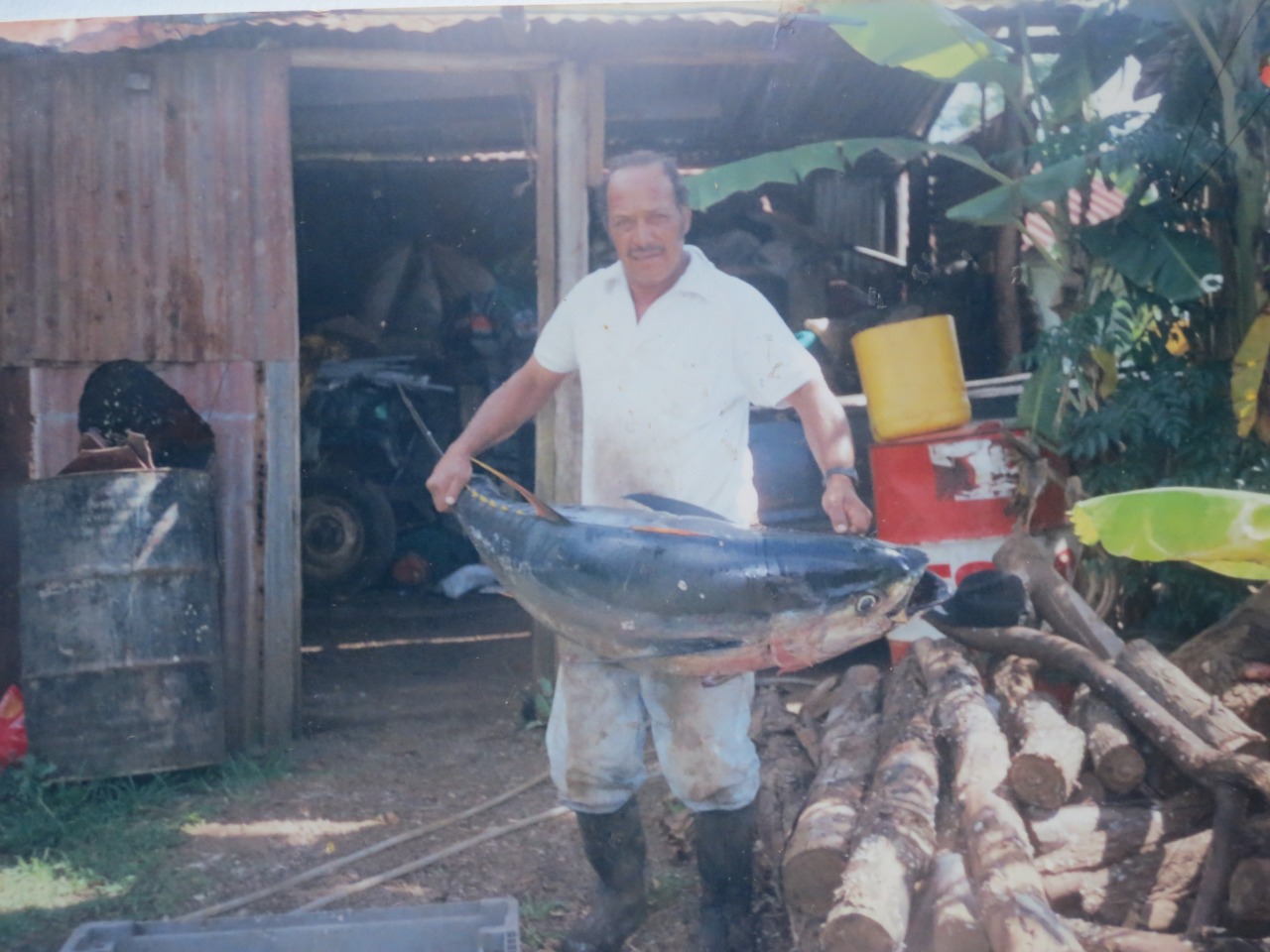
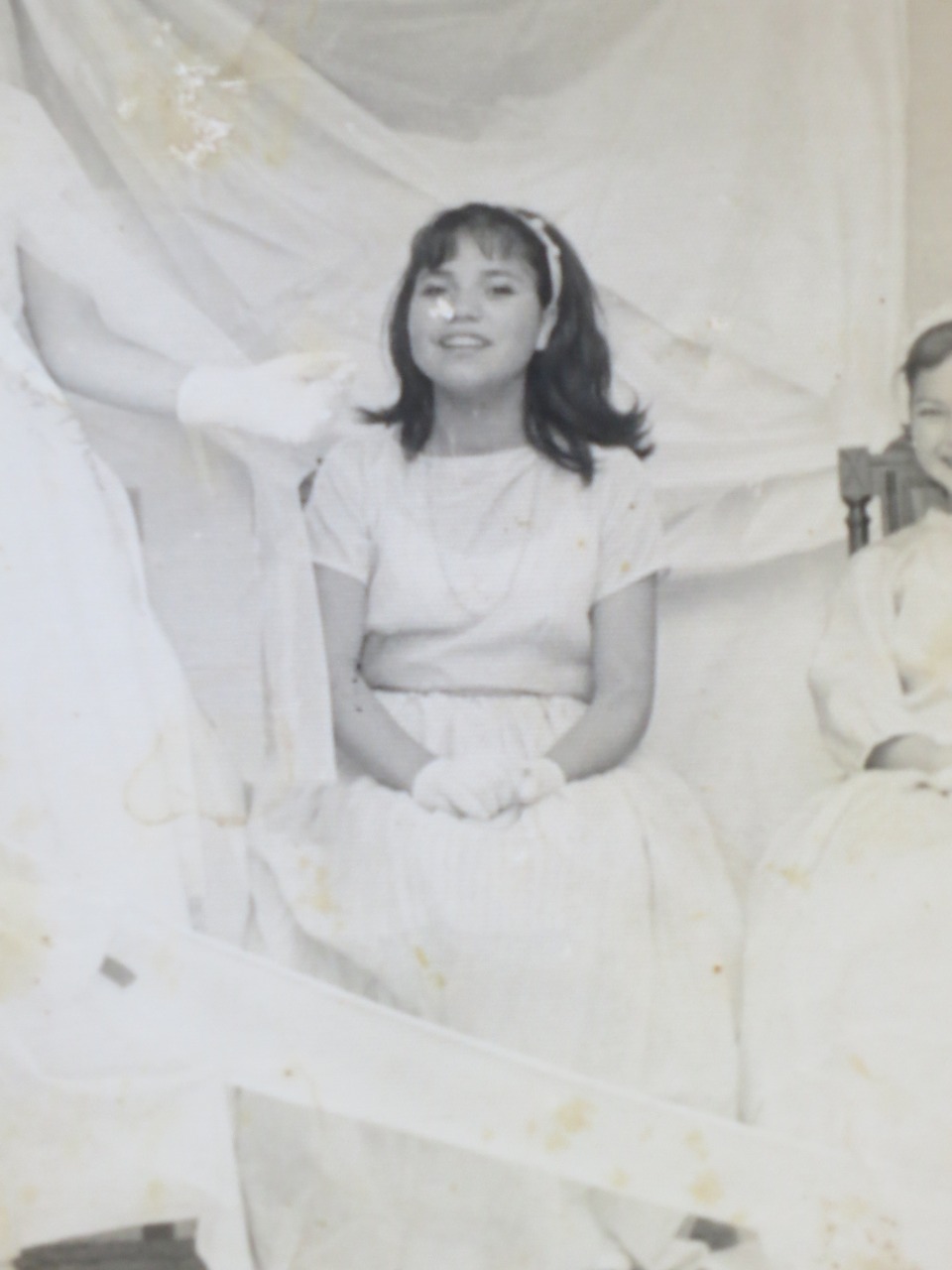
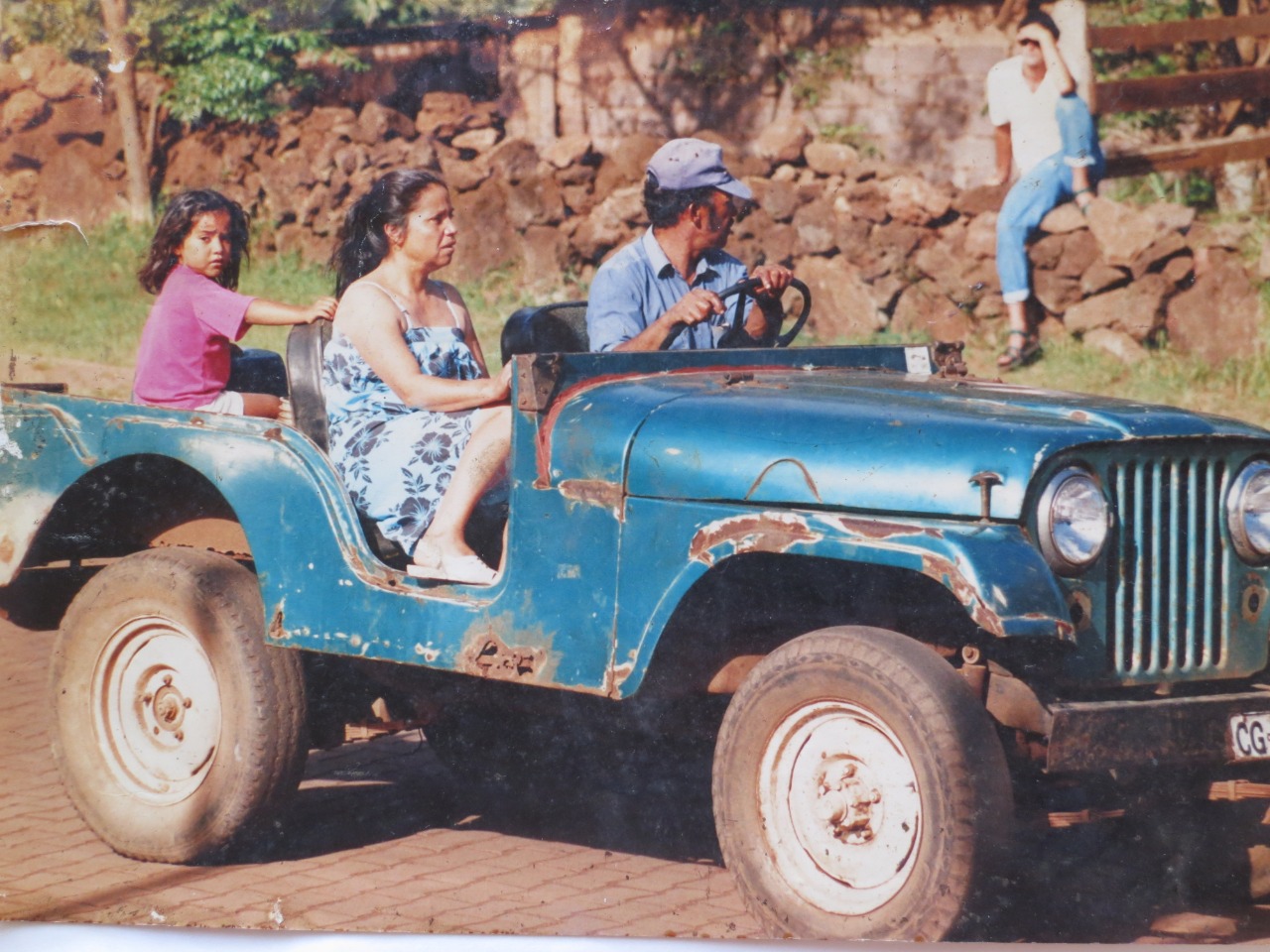

“In truth, fishing was not a paying job. Fish was not sold but was shared with family. It didn’t offer a steady income and I wanted my children to be able to study in Santiago. So I took the bull by the horns and went to sell fish at the Hanga Roa cove. Many times, I went out with my husband to fish, to look for Jajave (bait) and stones to use as weights, as well as setting nets. I did everything. In those days there was only one small generator which functioned from four in the afternoon until ten at night. It was so weak that if I washed clothes, my neighbor didn’t have enough energy available to make her machine work. We had to take turns.
“I was married for 46 years. Since I never even dated anyone else, it was what I had to live with. I learned to be a mother, to be braver, to face any adversity in life and how to stand up to my Rapanui family. I felt that they loved me and, also, didn’t love me. Casimiro was a typical Rapanui man, hard and sweet at the same time. They think that they are so tough, but they are very childlike and very ‘machista’. Every time that Casimiro would get angry and upset, I’d bring him back into line. Sometimes he managed to control himself, but other times not and he’d raise his hand to me. I even took him to Court. The problem is that they learned to live like that. They were mistreated children who had to work hard from the time they were very small. I used to see children only 4 years old on tip-toes, as though hanging from the sink, forced to wash the plates.
“I’m a widow now for almost three years and I’ve become a small businesswoman with a B&B for tourists called Vaihere (www.hostalvaihere.com). My three oldest children have married Rapanui and I have 10 grandchildren; the newest one is from my youngest daughter. Today I am content with my life on the Island. As a founder and active member of the women’s group Makenu Reo Rapa Nui since 2009, I have hopes that our dreams of a Special Statute for Easter Island will be fulfilled, giving us laws that apply a control on migration and allow the Rapanui to gradually assume administration.”
Featured Reports:
Alberto Hotus Chavez
Alberto Hotus ChavezAlberto Hotus, 82, is Chairman of the Rapa Nui Council of Elders. This was created in 1980 with the aim of recovering the investiture of Rapanui chiefs and rejecting the delivery of individual titles of land ownership, a situation that was opposed...
Matusalem Masú Hey
"Matusalem" Masú HeyMasú Hey’s family name really should be Edmunds. His father, Enrique, is the son of Henry Percival Edmunds, the English administrator for the Williamson & Balfour sheep company between 1903 and 1930, and of Sofía Hey, the mother of the first...
Carmen Cardinal
Carmen Cardinalhe current Governor of Isla de Pascua is the granddaughter of Rafael Cardinali, an Italian who arrived to the Island during the First World War looking for opportunities and founded the Cardinali clan, a name that is today considered Rapanui. Carmen...


